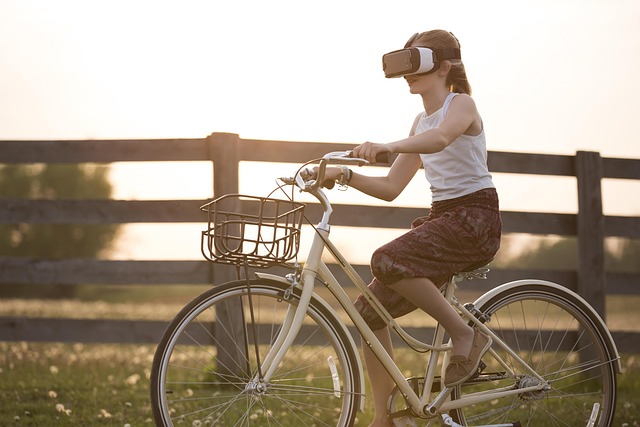The landscape of education is transforming rapidly, and at the forefront of this change is virtual reality (VR). As we venture deeper into the digital age, traditional learning models are being challenged, and VR platforms are stepping in to revolutionize the way we experience knowledge building. Gone are the days of passive learning through textbooks; today, learners can immerse themselves in interactive environments that enhance comprehension and retention.
Online education has gained considerable traction, especially in recent years. The flexibility it affords learners is unparalleled, making it a popular choice for those seeking to build their knowledge remotely. However, one major drawback has been the lack of engagement often associated with screen-based learning. This is where VR emerges as a game-changer. By offering immersive simulations and 3D environments, these platforms engage learners in a manner that traditional online courses simply cannot match.
Imagine studying complex scientific concepts not just through diagrams and videos, but by stepping into a virtual lab where theories come to life. With VR, students can conduct experiments in real-time, collaborate with peers in a simulated environment, and visualize intricate processes like never before. This hands-on approach enhances the learning experience and empowers students to build their knowledge actively rather than passively consuming information.
Additionally, VR platforms can cater to diverse learning styles. Some individuals thrive in interactive settings, while others prefer visual representations or auditory information. Virtual reality accommodates these preferences by providing multiple channels for engagement. For instance, a student learning about history can not only read about events but can also ‘walk’ through a recreated ancient civilization, observing the architecture, customs, and daily life of its inhabitants.
The potential for VR in knowledge building is enormous. Educational institutions around the globe are beginning to embrace this technology not just as an add-on, but as a core component of their curriculum. By incorporating VR into their training programs, educators can create tailored experiences that resonate with students, making the process of gaining knowledge not only effective but also enjoyable.
Moreover, the accessibility of online education combined with the engaging capabilities of virtual reality means that learning is no longer confined to classrooms or physical campuses. Students from diverse backgrounds and locations can access high-quality education and participate in interactive virtual environments. This democratization of learning fosters inclusivity and empowers individuals from various walks of life to enhance their skills and knowledge.
As we envision a future where education is not bound by traditional barriers, it is heartening to see how virtual reality (VR) can bridge the gap between theoretical knowledge and practical understanding. By creating immersive experiences that captivate and engage learners, VR platforms are not just changing the tools we use but are fundamentally reshaping the fabric of education itself.
In a world that demands innovation and adaptability, embracing VR in education stands as a testament to our commitment to fostering a new generation of thinkers, problem solvers, and leaders. The journey toward this revolution is just beginning, and its impact on knowledge building will be profound for years to come.



